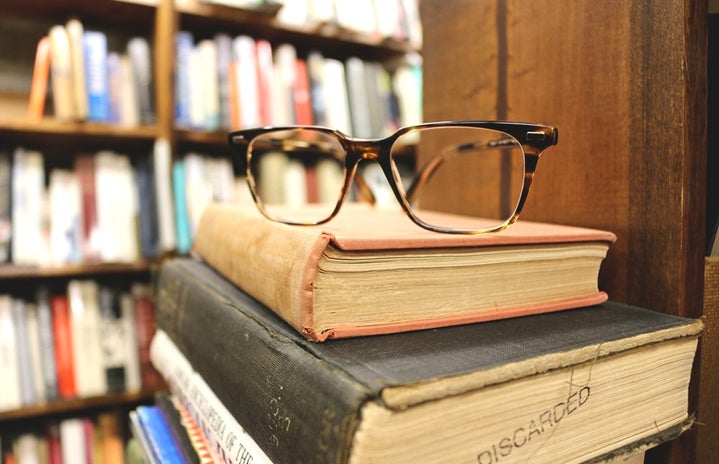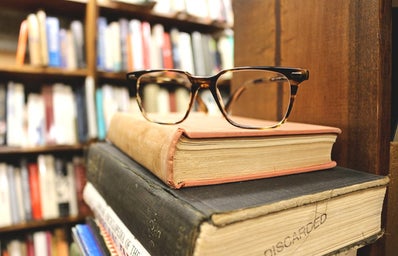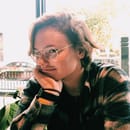My mother was raised Catholic, but when it came time for her to make her confirmation, she confided in her pastor that she was unsure of how to proceed. Expecting him to be disappointed, she was surprised when he told her that he had a lot of respect for her desire to hold off on making her confirmation until she was sure, as it showed she was taking it seriously. My mother ended up making her confirmation right before she left for college, arguably to please her family, but making it nonetheless. However, by the time she had me, she considered herself an atheist. She raised me with my father, who is possibly one of the most logical and skeptical people I have ever met, possibly due to the jumble of religions he grew up around, including influences from his southern baptist grandmother, his Buddhist relatives, and his parents, who followed a more new-age form of spirituality, frequently changing directions in their journey of faith. As he explained to me, he saw too many people swearing that their faith was the “right” one which dissuaded him from believing in any.
Off the bat, I’d like to clear up that as of now I don’t believe there is “right” faith, similarly to how there is no correct way to feel. Possibly, this is because I don’t have any true religious ties. Nevertheless, this is how I view things. It’s nearly indisputable that everyone likes to believe that they are right, but at the end of the day, faith isn’t fact, therefore it is not bound by the constrictions of logical reasoning. This is why I don’t believe in a “right” faith. Math problems can have right answers, philosophy cannot.
I personally can count the times I’ve been to church on my hands, and from an early age, I debated the existence of God with my parents. I was raised far from Catholic, or any form of Christian for that matter. Growing up, I was always jealous of my friends who believed in God. They had something I didn’t: confidence in a plan, this unshakable faith that things would work out, or that they happened for a reason. God wouldn’t give them anything they couldn’t handle. In my mind, God’s absence meant chaos. The universe is in its own hands, and nothing can be predicted or prepared for. Sometimes feeling this was freeing because it meant that I was in charge of my destiny, but more often it was crushing because I felt helpless and alone. In retrospect, this had less to do with God and more to do with a sense of community. One undeniable benefit of organized religion is camaraderie and a sense of belonging. Religion provides a purpose for many people, and I think it is harder to find purpose and meaning when you lack faith as I do.
Now that I am older, I feel rewarded by this struggle. I value life so intensely, and I am grateful for what I have been able to learn through this. I’ve come to understand that God’s absence in my life does not mean chaos, it just means that I have to decipher things for myself and uncover my own understanding of why things are the way they are. I am responsible for interpreting meaning or lack thereof. I would argue that this is the most fulfilling thing I have experienced in my eighteen years and that it makes me more introspective, empathetic, and responsible for my actions. However, I am always open to further fulfillment. I try my best to maintain an open mind and being as that approximately 85% of people find fulfillment through religion, I might as well give it a shot too. After all, the Bible is literally the best selling book of all time. If I want to get the complete human experience, I figure I should read some religious texts, and as an American, where better to start than with the testaments?
I am also writing this for reasons beyond personal growth. In my own analysis of the Bible thus far, there are few critical assessments of it circulating the internet. Everyone is a critic, but few people are critics with open minds and desire to debate, learn and think deeply. I hope I can be the second kind of critic. As I read, I will explore the profound cultural influence and continued relevance of Christian faith in American society. I will do my best to explain why I interpret each passage as I do, and hope to learn more about the psychological impact of religion on the population.
I don’t have the answers to all my questions about faith and the universe, nor do I believe I could ever. But I do have the means to find as many as I can, therefore I will use the tools and the drive I possess to create a picture of the Bible from an Athiest perspective and treat religion as the deeply informative tool that is it for understanding human history and the way it is interpreted.


